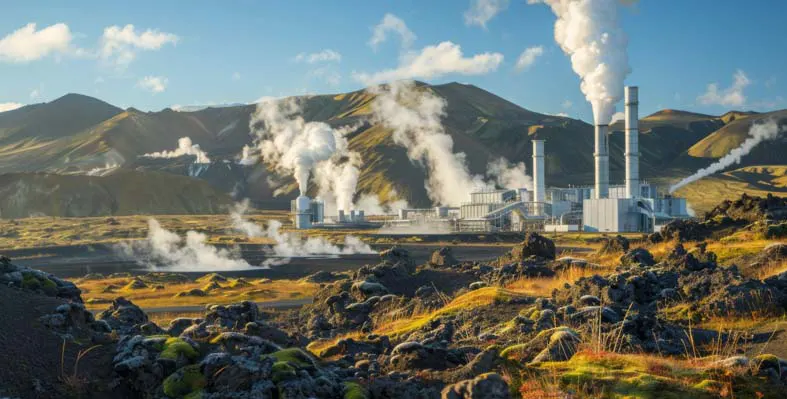The African Trade & Investment Development Insurance (ATIDI) has pledged liquidity support for the 35 MW Globeleq Menengai Geothermal Project. This support comes via the Regional Liquidity Support Facility (RLSF).
RLSF is a joint effort by ATIDI, KfW Development Bank, and the Norwegian Agency for Development Cooperation (Norad). It helps renewable energy Independent Power Producers (IPPs).
It also ensures that IPPs selling electricity to state-owned utilities have financial security. RLSF is available in ATIDI member countries that sign the RLSF Memorandum of Understanding (MoU).
While giving his remarks, ATIDI CEO Manuel Moses stated, “We are excited to work with Globeleq, KPLC, GDC, and the Kenyan Government on this important project.
“This collaboration highlights our dedication to sustainable development and renewable energy in Kenya and the region. We are proud to support Kenya’s energy transition.”
Globeleq Interim CEO Jonathan Hoffman praised ATIDI for the landmark deal and pledged continued collaboration.
“RLSF is crucial for companies needing payment assurance to invest in major renewable projects like Menengai. This innovative product from ATIDI, KfW, and Norad offers vital liquidity support against payment defaults, enabling confident investment.”
Also Read: African Energy Week (AEW) 2024: Pioneering Investment and Collaboration in Africa
Commitment to Renewable Energy
The Menengai project is the first in Kenya to receive RLSF cover, and is valued at USD 117 million. It is financed by the African Development Bank (AfDB), the Eastern and Southern African Development Bank (TDB), Finnfund, and equity from Globeleq.
RLSF will cover payment default risks from Kenya Power & Lighting Company (KPLC) and Geothermal Development Corporation (GDC).
GDC will supply steam under a 25-year agreement, and KPLC will buy the generated electricity for the same period. The project also benefits from a Government of Kenya support letter.
Kenya hosts the ATIDI’s headquarters, and is the tenth state to sign the RLSF MoU, which joins Benin, Burundi, Côte d’Ivoire, Ghana, Madagascar, Malawi, Togo, Uganda, and Zambia.
The MoU promotes collaboration in developing and implementing renewable energy projects. It aims to use natural resources for clean energy and strengthen power generation and transmission.
Additionally, RLSF policies have supported seven projects in Burundi, Malawi, Uganda, and now Kenya, with total financing of USD 323.7 million and a generation capacity of 171.3 MW.
Kenya’s power sector benefits from active private investment and abundant renewable resources like hydro, wind, and geothermal energy.
The government plans to increase electricity generation from 3,078 MW in 2023 to 5,000 MW by 2030. Geothermal projects will play a key role in this expansion.
ATIDI’s RLSF initiative helps ensure the stability of renewable energy projects. With this support, Kenya is on track to meet its goal of 100 percent clean energy by 2030.

